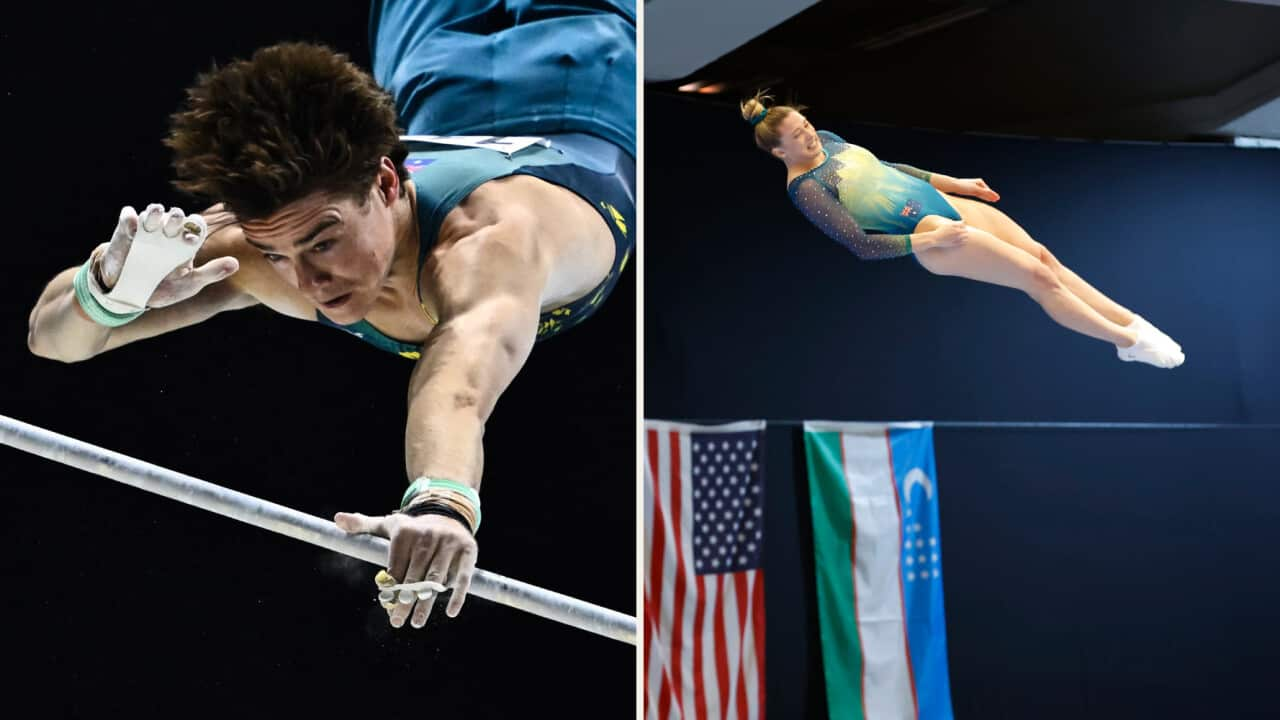I have great hope that John Aloisi, aided by his brother Ross, will bring the good times back to the three-times A-League champion.
But it will be difficult environment for them to work in until the ownership issue is resolved.
Even more importantly for whomever takes over the club, will be to understand the history that has led to the current challenges. It goes back over a decade.
In his excellent blog for Leopold Method, Shaun Mooney came about as well as , which in part have slowly been resolved.
It appears that one of the biggest issues still lingers and one that arguably affects Brisbane more than other clubs; the stadium deal.
In Roar’s first deal with the Suncorp Stadium - playing at the ground was a major reason Queensland Lions was awarded the licence to begin with - it needed an average attendance of some 20,000 to break even on game day.
There are only a few revenue streams available to football clubs and aside from the broadcast deal, gate receipts are among the most lucrative.
Unfortunately for many A-League clubs this income potential has been curtailed by expensive stadium deals, in particular for Roar, where in the early years it was a cost rather than an earner.
Since then, new deals have drastically reduced the average attendance required to break even, but it seems the agreement struck with the ground five years ago has still caused financial pain.
Perhaps the thinking was that another legitimate home ground would create competition to bring costs down.
It works extremely well for owners of major league sides in the United States, where a club can threaten to move to another city to force the government to give it a better deal, as John Oliver cleverly pointed out.
In Australia, with its multi-purpose stadiums and handful of big cities, this is far less likely to be effective, yet building a new ground should be a long-term goal for the club.
I’ve argued before that Brisbane would benefit greatly from playing at a smaller stadium it could call its own, particularly for match day atmosphere.
It could also lead to greater revenue opportunities through food and drink sales on match day, or urban renewal projects in the vicinity - which may lead to increased business and housing opportunities.
By having its own facility, Roar would also alleviate its other substantial cost; the club base.
Queensland Rugby is still owed money for Brisbane’s use of Ballymore.
Since it severed ties with initial backer Queensland Lions, Roar has had no natural base, resulting in a need to rent a training venue.
Without substantial government help, this of course takes major investment and is unlikely to produce any favourable return.
This is where the new owners will have to work closely with Football Federation Australia - which recently appointed Mark Falvo as Head of International Affairs & Government Relations - to demonstrate the importance of Roar to Brisbane and how success for the club is success for the city.
It is vitally important for any new owner at Brisbane Roar to appreciate short-term profits in the A-League are extremely unlikely.
In fact, aside from some of the world's biggest clubs, barely any football teams produce a profit.
But A-League revenue streams, like gate receipts, player transfers and sponsorship and broadcast deals have great potential to be maximised in the long term with well-targeted investment.
As Arsenal’s major shareholder Stan Kroenke once said: "If you are an investor in a sports team and you don’t look long term you are probably not a good investor".











